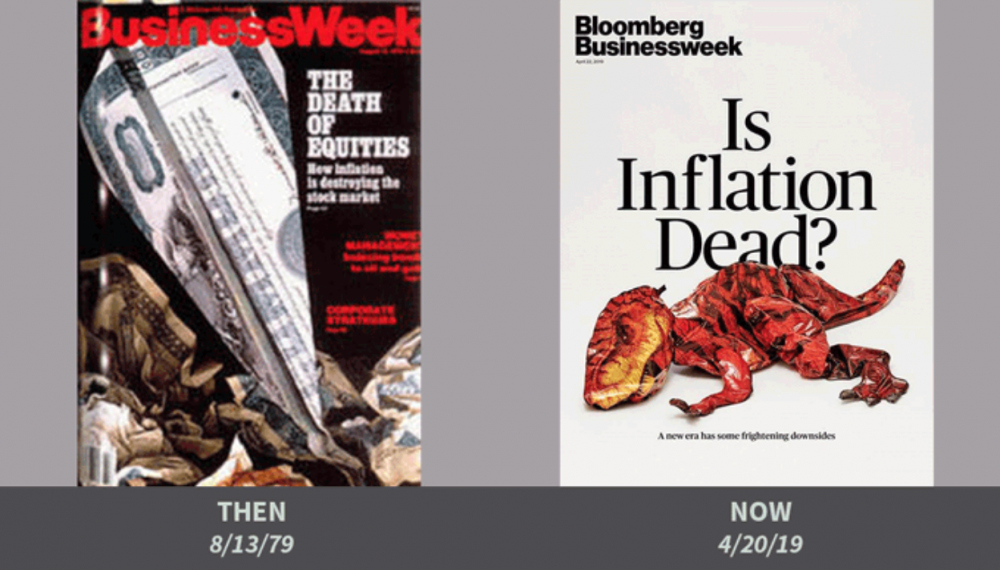Today, inflation is starting to become more of a widespread concern. I detailed some of the latest signs in a recent article. And I recommend that all investors start hedging against the threat of inflation.
How I'm Hedged
My strategy against inflation is straightforward. There are basically four aspects to it.
- Gold, silver and miners
- Bitcoin
- Foreign stocks
- Startup investments
Let's briefly go through each.
Gold, Silver, and Miners
I remain extremely bullish on gold and silver as well as quality companies that mine them. Realization about rising inflation is slowly setting in with some people -- but most investors still have near-zero exposure to precious metals.
As governments around the world continue to print unimaginable amounts of money and interest rates stay at rock-bottom levels, I believe demand for gold and silver as investments will soar. I think people are still underestimating the scale and length of what's coming.
Bitcoin
Bitcoin is the only cryptocurrency I consider to be a viable inflation hedge. It's a scarce, speculative store of value. Needless to say, it's a lot riskier than gold and silver. But it also has much more upside.
Bitcoin is a bet on continued reckless government spending and monetary policy. I still like that bet. See my recent article for more details on why I think bitcoin is an excellent hedge.
Foreign Stocks
If the U.S. dollar declines against foreign currencies, it may benefit investors to own stocks in foreign countries. Because the revenue of foreign companies is in a different currency, owning stock provides investors with exposure to the value of that currency. If the currency goes up against the dollar, the value of the investment will rise (approximately) the same amount.
Startups
Startup investments have an incredible amount of upside. If you invest in a company when it's worth $10 million and its value grows to $1 billion in five or so years, that's quite a return. It's one of the few asset classes that has the potential to outperform significant annual inflation.
Needless to say, startup investing is risky. And it takes a while to get good at. So start out with small investments and be selective! I recommend going for companies with significant traction, at least at first. It's the most reliable signal there is. And if you want to receive in-depth research as well as access to exclusive founder interviews, consider signing up for First Stage Investor. We spend hours finding and analyzing the most promising startup investment opportunities out there (click here to sign up).
Have a great weekend everyone! Adam Sharp
Co-founder, Early Investing | 

No comments:
Post a Comment
Keep a civil tongue.